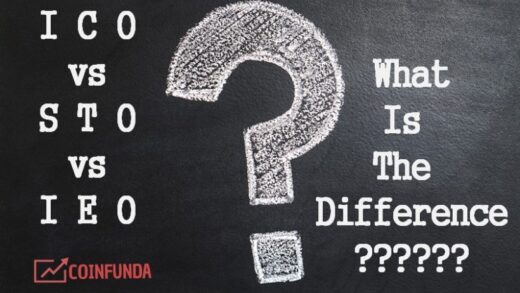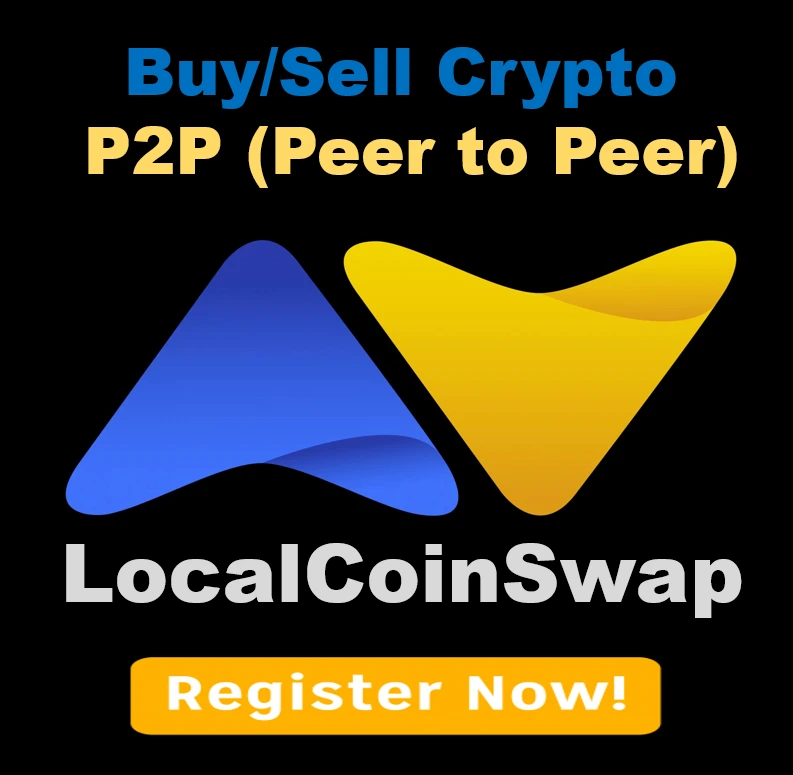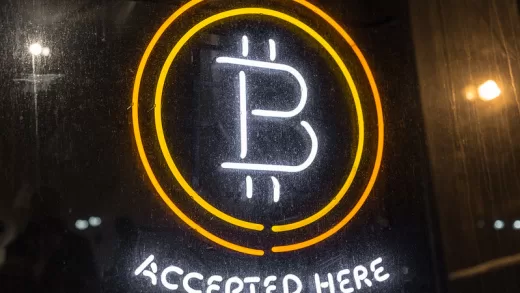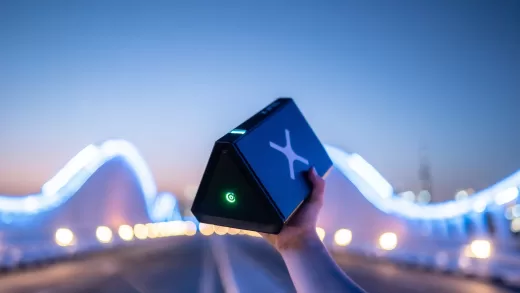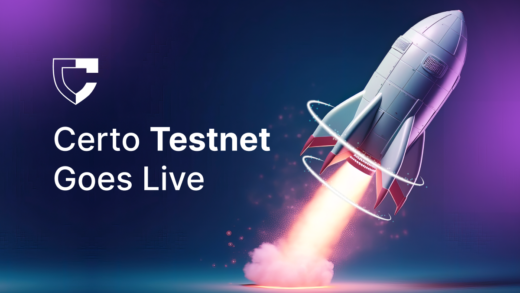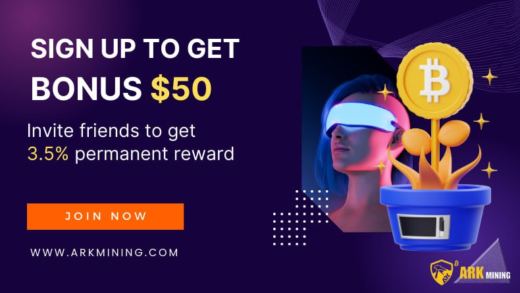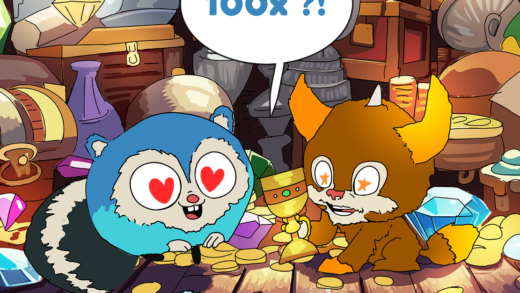What Are Social Tokens?
Social tokens are a type of cryptocurrency that allows creators and brands to monetize their experiences or services. They are a separate and independent economy based on digital ownership secured by blockchain, which allows creators, influencers, and/or brands to monetize experiences or services.
Social tokens are not limited to the creator community, as they can be exchanged or used for income-generating activities such as staking. Celebrities and influencers can mint social tokens, offer them as rewards, or sell them to generate additional revenue to promote their brands.
Types of Social Tokens
Social tokens mainly consist of two types: personal and community. ‘Participation tokens’ and ‘social platform tokens’ are other terms one may come across. They are considered separate groups from the other major classes. Let us now dive into the details of their types.
- Personal tokens, also known as “creator tokens,” are created by people in exchange for labor and other services. Today, famous people use these tokens to advance their careers or popularity, including athletes, artists, musicians, and even ordinary people.
For example, the French businessman Alex Masmej tokenized himself by offering ALEX to cryptocurrency enthusiasts. In this way, he raised the funding he needed to create his own media network, and in return, he offered token holders a portion of Masmej’s future earnings over the next three years. Similarly, some influencers are already selling these tokens to their fans, giving them access to socialize with them. - Issuing community tokens or community currency is a strategy used by companies or groups of individuals to promote unique brands to customers. Token holders can enjoy the special benefits available only to that community, such as access to limited-edition merchandise. They differ from personal tokens in that the owner can be granted management rights and a share of the company’s profits.
Unlike personal tokens, community tokens are more marketable because the organization responsible for issuing them already has a significant audience. A decentralized autonomous organization (DAO) is primarily responsible for issuing community tokens. - Participation tokens are also sometimes referred to as community tokens. Participation in project development allows users to earn these tokens. A great example of community interaction is the Friends with Benefits community.
- Social Platform Tokens reflect control over a platform that allows for the issuance and exchange of social tokens. They are issued by the sites that allow them to be created and exchanged. The issuer determines the benefits and value of each token, but holders can expect to receive a myriad of benefits.
Rally and TryRoll are examples of social platform tokens. Rally is a well-known social token platform that allows people, celebrities, and companies to create their own social tokens and NFTs. In contrast, TryRoll allows users to develop an ERC-20 token that can be distributed to others on various platforms. It also gives Ethereum the ability to send social tokens to any address compatible with ERC-20 tokens.
Examples of Social Tokens
To understand how social tokens impact our lives, let us consider a few successful projects.
STEEM
The base unit of account for the Steem social network is STEEM. The goal of the project is to allow users to generate revenue by helping build a platform. The goal of the project is to allow users to profit by helping build a platform. By producing content and being rewarded with STEEM, anyone can become a shareholder.
ALEX
Alex Masmej, an aspiring entrepreneur, developed the social token ALEX to fund his cryptocurrency-related projects. He issued the ALEX token and offered it to his supporters in exchange for a portion of his potential earnings over the next three years, to raise funds to create a more sustainable venture.
In this way, he successfully raised a large amount of money. During the cryptocurrency boom, ALEX’s net worth approached $2 million, demonstrating the utility of creating such unique tokens.
RACE
Andre Allen Anjos, a Portuguese musician, developed the RAC token to reward loyal fans with access to special perks and materials. Consequently, 25,000 RACs were distributed to dedicated DJ RAC followers, twitch viewers, and RAC merch owners. Since its inception, the RAC has become one of the most popular personal tokens.
JROCK
The UCLA basketball star, Jaylen Clark, developed the JROCK token. He designed his social token so that the supporters could communicate directly with him and support his professional development.
Token holders had access to unique merchandise, raffle tickets, behind-the-scenes footage, and workout videos. In addition, token holders can benefit from the increased value of JROCK as they are exchanged in the secondary market.
GCR
Global Coin Research is a research and investment organization, and the GCR is its native token. The GCR operates on 30,000 members. The community uses tokens to fund various projects.
Token holders also get access to exclusive events where they can network with other NFT members and invest in new ventures. The company also hosted weekly meetups for entrepreneurs and interns.
WHALE
One of the most popular tokens, Whale, also known as WhaleShark, was introduced in 2020. WhaleShark, a fictional NFT collector, created WHALE. It provides a dynamic balance between asset protection and economic speculation because the value of the token is determined by WhaleShark’s NFT collection. The collection will be worth $73 million by 2022.
Benefits of Social Tokens
Social tokens offer several benefits for businesses, including direct communication between the brand and audience, cutting out middlemen, and extra expenses associated with them. For example, rising musicians may release social tokens to provide fans with a more personalized experience.
The token buyer helps the artist financially in exchange for special privileges, such as invitations to exclusive events, which benefits both parties. Similarly, a social token can also prove to be an economic treasure by giving token holders advanced access to exclusive content and new products from well-known companies.
The value of social tokens can increase significantly over time as they differ from conventional online membership schemes in their tangible aspects.
Social Tokens Versus NFTs
Like non-fungible tokens (NFTs), social tokens function with the blockchain, allowing you to own the underlying digital asset. However, social tokens are not NFTs. Because NFTs are unique, each token is different and has a specific value that distinguishes it from the other units.
However, social tokens are fungible, because each unit has a similar value. For example, one-dollar bills are equivalent and have the same value as any other one-dollar bill worldwide.
Another major difference is the nature of underlying assets. While social tokens are designed to monetize producers directly, including the products and experiences they can provide, NFTs are also used to monetize virtual goods.
The Future of Social Tokens
Creating a social token is similar to creating an online forum. It allows for collaboration between token holders and content creators to drive brand value.
Instead of relying on social media to engage with their audience, content producers are more likely to use social tokens to capitalize on community engagement and prospectively increase prices.
Social tokens do not take a long time to catch on because they are useful and have great value. For example, Rally has established itself as the world’s leading network for rapid social tokenization. The same can be said for WHALE, which has grown in value more than NFT on which it is based.
Although cryptocurrency is still relatively new, it is already growing much faster than anticipated. People are putting their all into ownership. Decentralized, autonomous token-based organizations are expected to replace the few online groups that we currently see.
These tools gradually become more accessible as they evolve and improve. It will be easier for anyone to issue their own tokens as the entry barrier is lowered. Moreover, in the next few years, many large corporations might move their reward programs to tokens. For example, people could receive Target tokens instead of Target rewards, which could be used to buy more goods and services
Conclusion
Social tokens may seem like an odd concept in the world, as we live in Web 2.0, a social media environment that actively controls its users. However, this idea is fascinating and extremely relevant in light of the emergence of the next generation of the Internet, Web 3.0, which seeks to create connections more directly.
Consequently, social tokens are destined to become valuable assets. It will only be a matter of time before the token economy takes over social media, as more influential people create these tokens.
While this can be a great opportunity to redefine content development and community engagement, leading to increased value for all parties involved, it should not be forgotten that these tokens are closely identified with the person or brand they are named after and that there are risks associated with their value.


